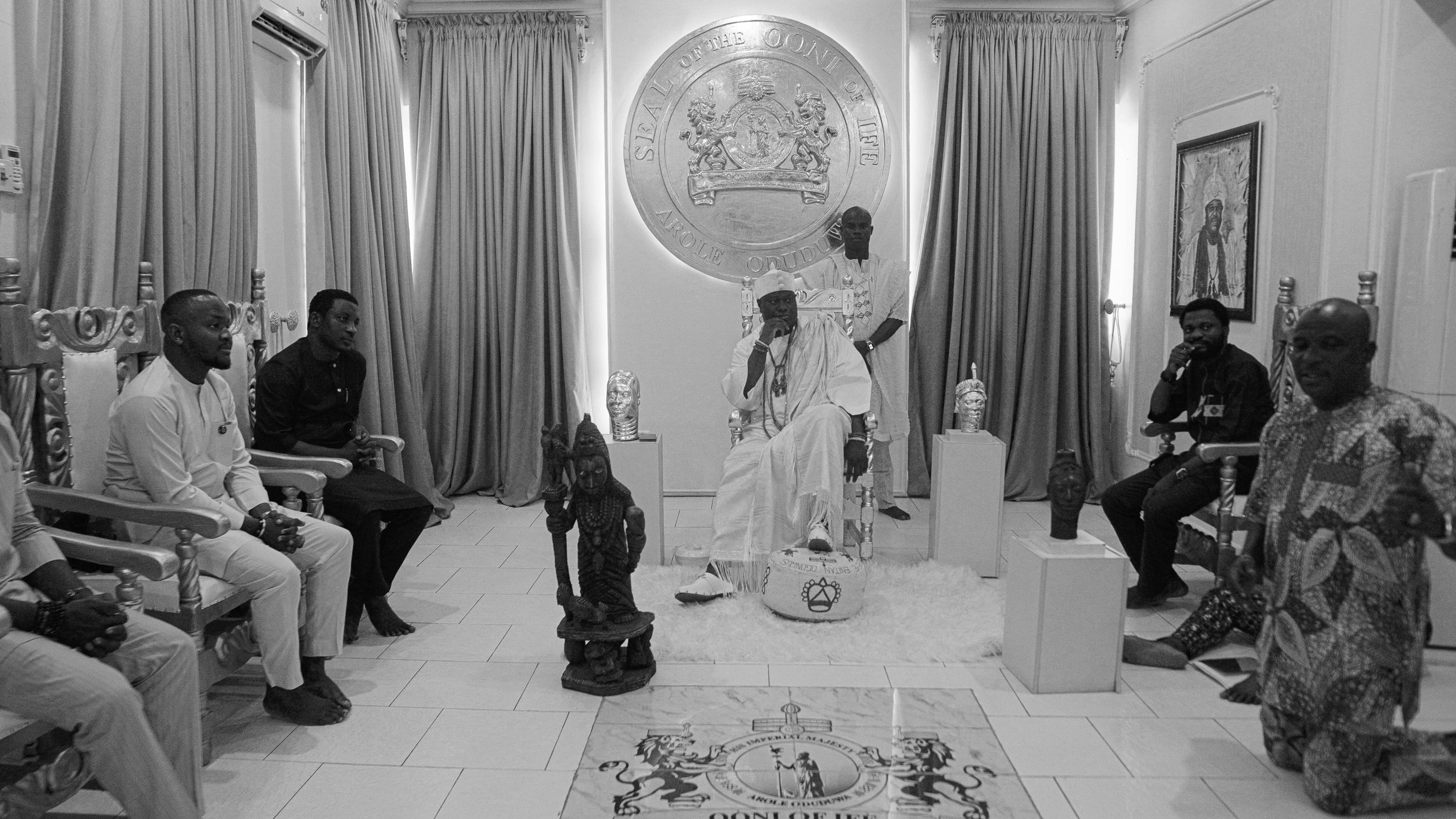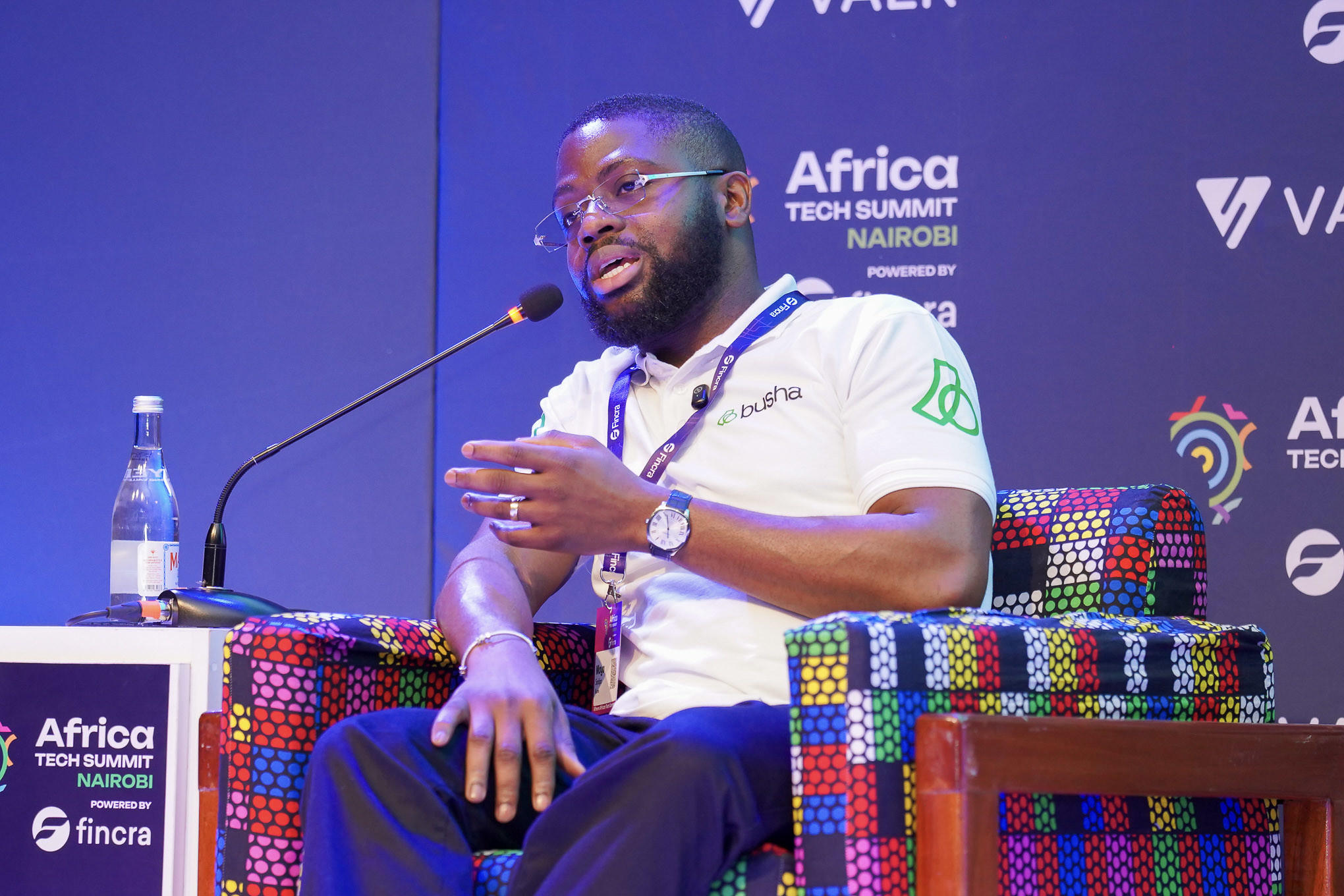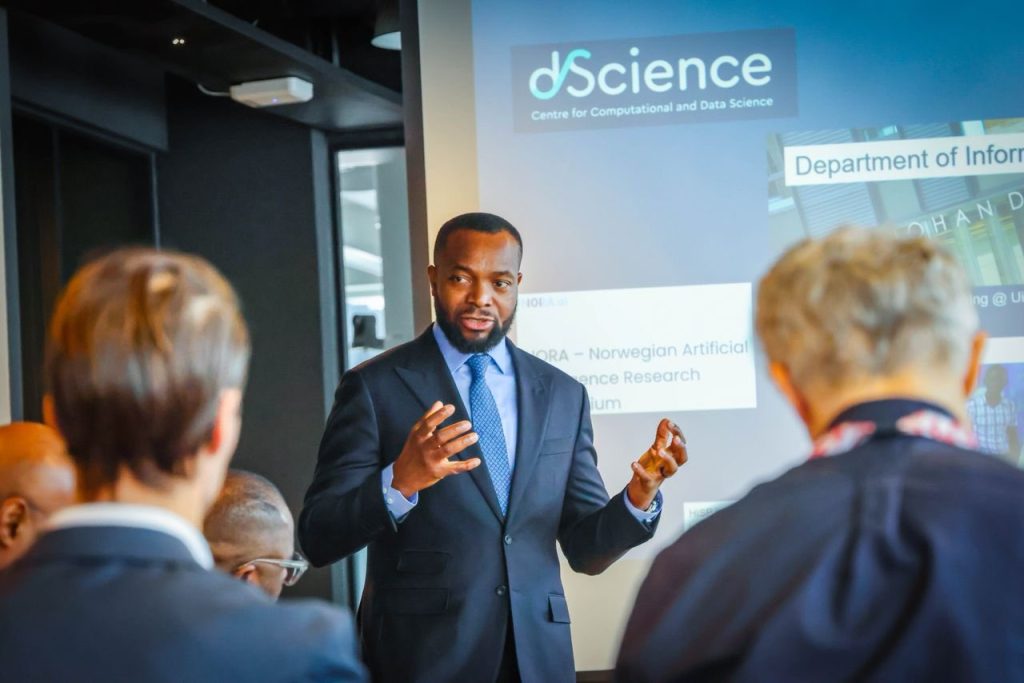Technology plays a critical role in almost every industry and area of our lives. It is also instrumental to modern economic growth and development. But while Africa is yet to record the same technological progress as other economies in the developed world, its tech ecosystem shows tremendous potential.
Africa’s ever- growing innovation and technology space has continued to experience tremendous growth in recent times. Adoption of emerging technologies, increased corporate involvement, venture funds and innovation hubs are some of the factors driving this growth. Technology hubs across Africa are helping to bridge the gap by supporting more communities with the infrastructure to promote home-grown innovations. These hubs provide training, technical support to start-ups and access to fast internet. Entrepreneurs are also given social and professional networking opportunities through which they can thrive.
In this interview we speak with Berry Numbi – Founder and Managing director of the Centre d’innovation de Lubumbashi (Congo), Maurice N.A Caschinco – Managing Associate, Kumasi Hive (Ghana) and Fayo Williams – Managing Consultant, Simply Exponential Consult Ltd (Nigeria); 3 members of the AfriLabs community about what they’ve been able to accomplish as founders of local innovation hubs, the power of communities and how technology can tackle the main challenges to development in Africa.
Tell us about your tech innovation story?
Berry- “I had first been working as an engineer in the tech field and also in operational technology which is in the mining industry. During my adventure in technology, I can say that I’ve been involved in a couple of programs with youngsters to help them develop and achieve their dreams. Since 2014, I’ve come around to collaborate with people around locally to help drive the innovation hub by encouraging the youths to develop their ideas.”
Maurice- “I hail from Ghana. I would classify myself as a young innovator and young leader in implementing digital globalization. I’ve been a technopreneur and business/project manager for a while now but my background is in marketing management and I have worked in the tech space for the last 4 to 5 years after my business experience. After getting into the tech space around 2017, I also got into data analytics and joined my co-founder which initiated my journey into tech hardware and incubation. Kumasi Hive is the first hub to set up a mega space in Ghana.”
Fayo- “My tech innovation story really started as far back as 1991 when I started my business and realized that computers were like the in thing at the time, this led me to purchase my first computer. While working for Help Aid, I was asked to build a database of suppliers from all over the world and I found out that with email, my project management and handling of suppliers, the computer was just indispensable. Since then, I haven’t looked back and have been able to design a mobile app.”
What is unique and exciting about it and how has it evolved since it was founded?
“Our programs are focused on building startups that can be competitive globally,” said Berry.
“One thing that makes us unique is that we are a business development hub located in the centre of the business district so we are surrounded by a lot of commerce which helps us develop new ideas and networks. It is essentially a learning environment in terms of business development,” said Fayo.
Did you face any challenges during the development stage, and how did you handle that?
“One of the major challenges was the slow uptake of the idea of coworking spaces, but soon people realized that shared working spaces were a cost saver and helped with networking and provision of ideas. We also experience infrastructural challenges like power and network connectivity and optics. To confront such issues, we’ve had help from our digital marketing consultant and have been able to make a mark by providing useful content,” said Fayo.
In your opinion, what do you think is needed in the growth of tech startups?
“I think we’re doing well; partnership is key and one of the main problems with tech startups in Africa is infrastructure in terms of business registration and the government grasping the concept of the business ideas,” said Maurice.
Tell us about some milestones you’ve been able to accomplish both within your organization and as an individual?
“One of the key milestones as an organization is to be recognized as one of the most active hubs in our region. We’ve actually been invited by the ministry of technology and research which was a nice indicator that our programs on ground were making a difference at the ecosystem level. We’ve been able to expand our programs to Central Africa and increase women capacity building in Africa,” said Berry.
“I’ve been in business for about 30 years and to me that is a major milestone. It has come with ups and downs but I’m grateful to be a woman in business. In 2010, we launched the new company which is simply exponential consult ltd and the very first outing in 2011 came with a bang. In 2019 we went on to become a partner with the Lagos state employment trust fund offering vocational skills training,” said Fayo.
What role would you say the AfriLabs initiative has played in your journey so far?
“AfriLabs has been very helpful in spurring engagement within the ecosystem and that has gotten us a lot of exposure and more opportunities within the innovation ecosystem,” said Maurice.
“Being in a network where you have access to make friends and collaborate with people across Africa has been a tremendous benefit to us. For instance, as part of our vision, we are poised to provide business development solutions to organizations across Africa and AfriLabs is helping us to actualize the vision,” said Fayo.
What are the key benefits that innovation hubs such as AfriLabs offer in raising the country’s high potential entrepreneurs?
“The benefits that AfriLabs offer is in multitudes, for instance the startup community gravitates towards these hubs for hand holding, mentorship and helping to bring their ideas to life from incubation to development. They also help with job creation and generating multiple revenue streams within our community,” said Fayo.
Would you say that technology helps tackle the main challenges to development in Africa?
“I believe technology is going to be the leverage that will help accelerate development in Africa. For instance, with the large number of out of school children in Nigeria, if we had more centers equipped with technology for them to learn skills relevant for the 21st century we can begin to overcome some of those challenges. Technology can also be used to manage food distribution enabling us to move food from areas of surplus to areas of lack,” said Fayo.
What advice would you give to other entrepreneurs looking to build businesses that stimulate growth and development in Africa?
“Make sure to take advantage of the opportunities presented to you and remember the power of communities of like-minded individuals – networking is very important.” said Maurice.
What are your plans for the future?
“Our plan is to continue building up startups and hubs in Ghana and also bridging the gender divide as well by supporting women start-ups. We have trained well over 2000 women since inception and also have an all-female hardware incubation program. We also plan to open a university for hardware development in Africa,” said Maurice.
“For the future, our innovation hub is looking to specialize in some of the services we are offering to our innovators and startups. We also want to diversify our offering to support women whereby we prioritize based on the barriers that affect each entrepreneur,” Berry.
“We have set our business objectives to impact at least 2000 entrepreneurs in the next 12 months. We have also set a goal to make sure we foster a team of empowered staff and finally to make our business more sustainable and grow our revenue yearly in order to compete with other businesses out there,” said Fayo.
Innovation hubs are the backbone of Africa’s tech ecosystem. Through various initiatives, accelerator programs, and mentorship opportunities, entrepreneurs are able to get the expertise required to develop their ideas into sustainable businesses. These hubs also help to close the connectivity and funding gap that often stall the growth of tech companies across the continent.
AfriLabs, which is a forward-thinking network organization, is a testament to the power of communities to propel the growth of innovation & entrepreneurs. It helps over 300 technology and innovation hubs (across 49 countries in Africa) and their communities to raise high potential entrepreneurs by providing incubation programmes, training and other collaborations. AfriLabs is also invested in using innovation and creativity as a means to create more opportunities and jobs for the continent. All of which has contributed immensely to the development of Africa’s tech ecosystem.
These three innovators as well as players in the African innovation community – ranging from hubs, start-ups, academia, investors, corporate organizations, and development agencies – will convene and discuss the way forward for innovation on the continent at the 2021 AfriLabs Annual Gathering. The AfriLabs Annual Gathering 2021 is themed “AfriLabs at 10: A Decade of Empowering and Inspiring Innovation across Africa”, and is scheduled to hold on the 27th – 29th of October in Abuja, Nigeria. This year being the 10th year anniversary for AfriLabs, serves as a monumental milestone for the organizational network and is set to illuminate the remarkable growth the African Tech and Innovation Ecosystem has witnessed over the years.Learn more about the AfriLabs Annual Gathering at www.afrilabs.com/annualgathering/



















